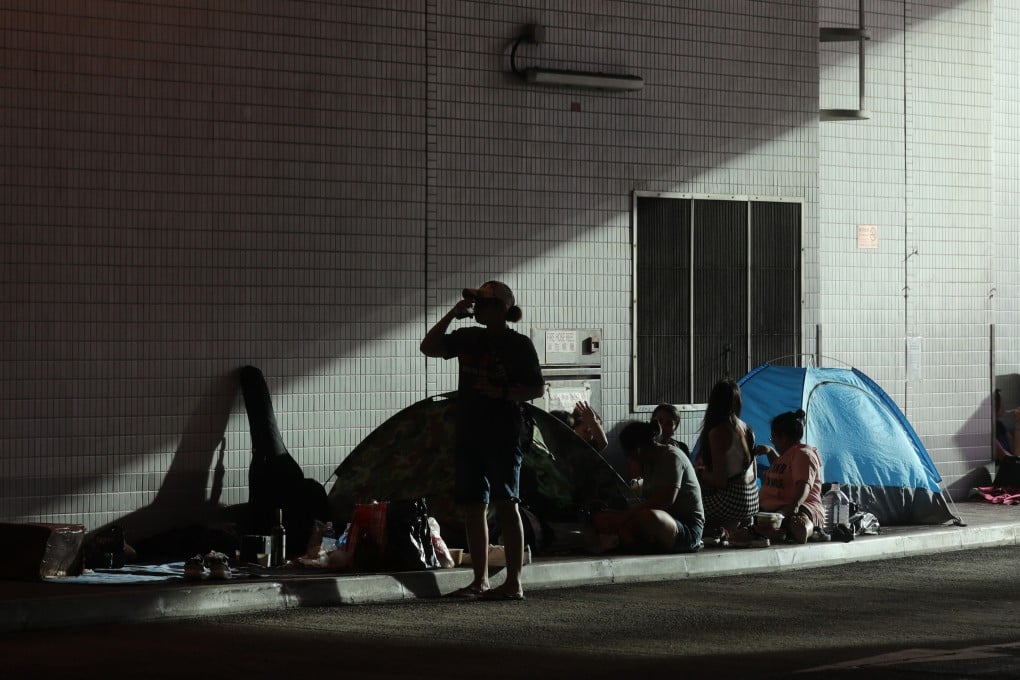Opinion | In improving Hong Kong’s mental health, do not forget domestic workers
- The city should protect the mental well-being of over 300,000 migrant domestic workers who contribute to Hong Kong
- As a society, Hong Kong must recognise that domestic workers’ unique work situations make them vulnerable and provide appropriate interventions

According to a large-scale review, nearly a billion people – including 14 per cent of the world’s adolescents – were living with a mental disorder in 2019. Suicide accounted for more than 1 per cent of deaths, and 58 per cent of suicides occurred before the age of 50.
With International Domestic Workers Day falling in June, there is no better time to discuss how we can protect the mental well-being of these important contributors to Hong Kong in their roles as caregivers and helpers.
According to a 2020 study by the Chinese University of Hong Kong, migrant domestic workers have worse general self-rated mental health than the general adult Hong Kong population due to their financial circumstances, living conditions, work pressure, negative job-related experiences and socio-demographic characteristics.

